Steve Boykin
Well-Known Member
My favorite CD purchase of the last few months.
This is the only sound sample I could find.
JOHN ZORN - Dance Of Sappho - YouTube
review[-]by Thom Jurek
On The Mysteries, composer John Zorn reunites the trio of harpist Carol Emanuel, vibraphonist Kenny Wollesen, and guitarist Bill Frisell for another chapter in his growing body of chamber recordings influenced by myth and mysticism. The group's first outing was 2012's The Gnostic Preludes: Music of Splendor. The intimacy of those works is preserved here, but the flavor is different. Where the compositions on the previous album felt of a piece (they were) -- no matter their stylistic diversity -- the tunes here wander a bit further afield. In addition, where Emanuel was the undisputed center of the work on The Gnostic Preludes, it is Frisell who holds that role on these nine cuts. The interplay between the guitarist and Emanuel in the intro to "Sacred Oracle," the album's opener, is haunting, repetitive, minimal -- for the first two minutes. Frisell seeks the margin of Emanuel's progression and gets inside it. The theme changes up and Wollesen enters on vibes and bells, but this time it's Frisell setting the melody. While "Dance of Sappho" begins with harp in a modal melody that seems ancient, the guitarist, with just a hint of reverb, walks the edges of country and even surf music as Wollesen plays in sharp, shifting rhythms in his instrument's upper middle register. "Ode to the Cathars" opens as an abstract, nearly ambient piece with the controlled, spaced-out sustain of Frisell's guitar. But Wollesen and then Emanuel enter, offering a pulse that eventually transforms into one of the loveliest melodies on the record. Closer "The Nymphs" is the set's longest cut at nearly 11 minutes. Led by Frisell, it moves through skeletal phrases toward post-minimalism but but crosses that line, too. It's airy yet moody and full of knotty twists and turns melodically and harmonically as minor modes, counterpoint, and miniature themes alternately assert themselves -- especially when Frisell decides to get whimsical in the codas. The Mysteries is another facet of this fine trio's persona as they elegantly yet inquisitively interpret these beautiful pieces by the composer. Their interplay is at such a high level, it feels nearly instinctive.
This is the only sound sample I could find.
JOHN ZORN - Dance Of Sappho - YouTube
review[-]by Thom Jurek
On The Mysteries, composer John Zorn reunites the trio of harpist Carol Emanuel, vibraphonist Kenny Wollesen, and guitarist Bill Frisell for another chapter in his growing body of chamber recordings influenced by myth and mysticism. The group's first outing was 2012's The Gnostic Preludes: Music of Splendor. The intimacy of those works is preserved here, but the flavor is different. Where the compositions on the previous album felt of a piece (they were) -- no matter their stylistic diversity -- the tunes here wander a bit further afield. In addition, where Emanuel was the undisputed center of the work on The Gnostic Preludes, it is Frisell who holds that role on these nine cuts. The interplay between the guitarist and Emanuel in the intro to "Sacred Oracle," the album's opener, is haunting, repetitive, minimal -- for the first two minutes. Frisell seeks the margin of Emanuel's progression and gets inside it. The theme changes up and Wollesen enters on vibes and bells, but this time it's Frisell setting the melody. While "Dance of Sappho" begins with harp in a modal melody that seems ancient, the guitarist, with just a hint of reverb, walks the edges of country and even surf music as Wollesen plays in sharp, shifting rhythms in his instrument's upper middle register. "Ode to the Cathars" opens as an abstract, nearly ambient piece with the controlled, spaced-out sustain of Frisell's guitar. But Wollesen and then Emanuel enter, offering a pulse that eventually transforms into one of the loveliest melodies on the record. Closer "The Nymphs" is the set's longest cut at nearly 11 minutes. Led by Frisell, it moves through skeletal phrases toward post-minimalism but but crosses that line, too. It's airy yet moody and full of knotty twists and turns melodically and harmonically as minor modes, counterpoint, and miniature themes alternately assert themselves -- especially when Frisell decides to get whimsical in the codas. The Mysteries is another facet of this fine trio's persona as they elegantly yet inquisitively interpret these beautiful pieces by the composer. Their interplay is at such a high level, it feels nearly instinctive.
